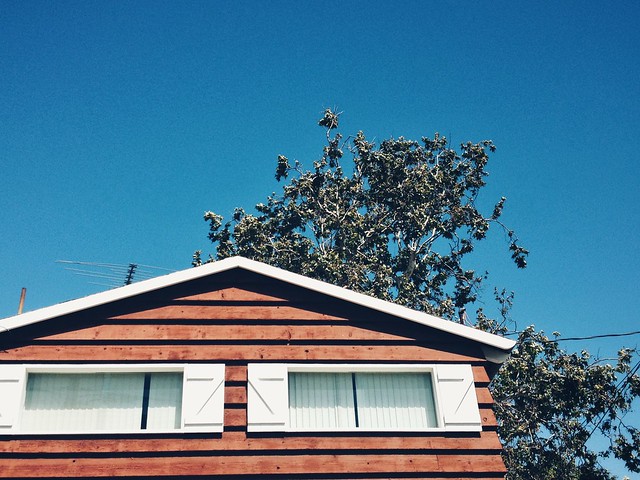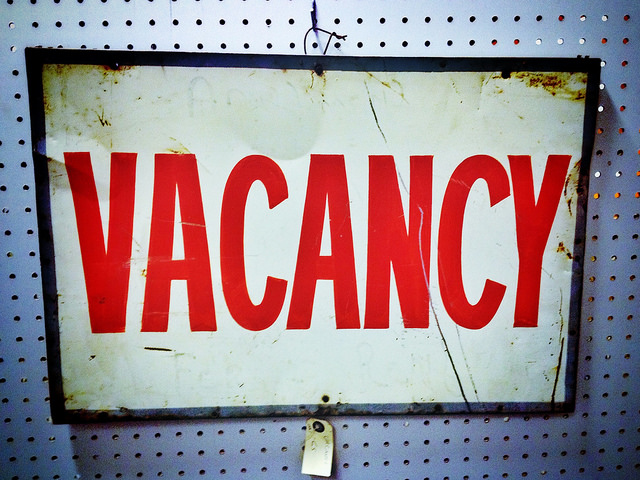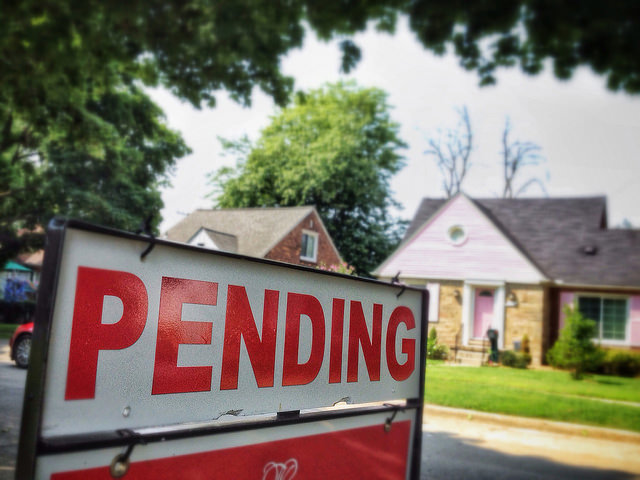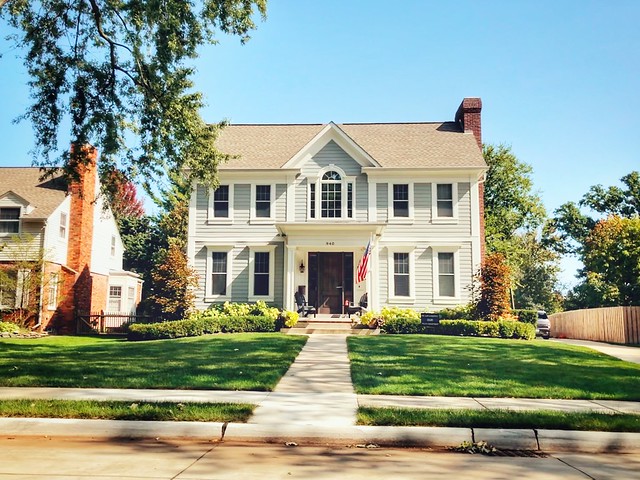According to the Mortgage Bankers Association’s Weekly Applications Survey, average mortgage rates fell slightly week-over-week. Rates were down from the week before for 30-year fixed-rate loans with both conforming and jumbo balances. Loans backed by the Federal Housing Administration and 15-year fixed-rate loans saw little change week-over-week. But while rates were mostly down, they remain within the same narrow range they’ve now been in since April. Joel Kan, MBA’s vice president and deputy chief economist, says despite elevated rates, purchase demand is up from last year. “Mortgage applications decreased over the week, but continue to exhibit annual gains, with purchase applications running 18 percent ahead of last year’s pace,” Kan said. “Government purchase applications were little changed over the week driven by a slight increase in FHA purchase applications. Refinance activity fell across both the conventional and government segment and the overall average refinance loan size was the smallest since July 2024, as potential borrower hold out for larger rate drops.” The MBA’s weekly survey has been conducted since 1990 and covers 75 percent of all retail residential mortgage applications. (source)













